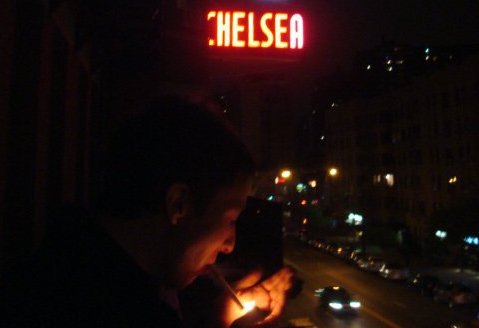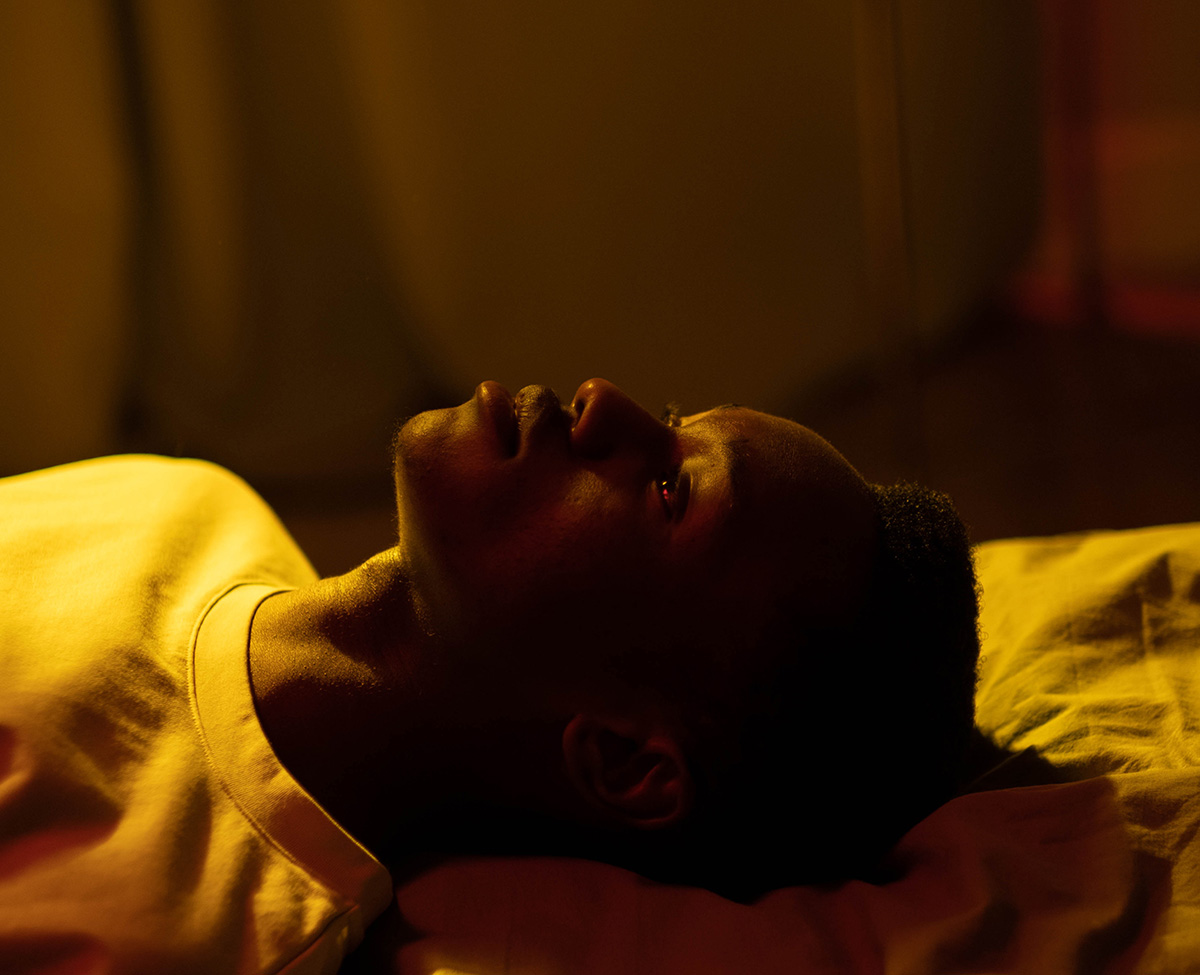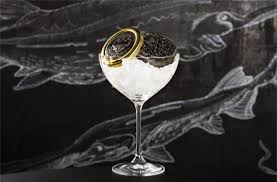The 2 doctors have determined that I’m 24 years old. (By my teeth, among other things. Making me feel like a horse. A mare.) & that I’ve had at least one miscarriage.
Probably more than one: according to the mother figure of the team, Dr. Rachel Krotkin. The father figure is Dr. George Gamble Jr.. A junior who is pushing 50. I can’t understand why anybody wants to stay a son that long. Unless his father is a king.
For the time being the 2 doctors have become my home base. My frame of reference. They could be my parents, if they were married. To each other. If they had been nonprofessionally attracted to each other some 25 years ago. & were claiming me as their lost daughter. Which they’re not.
(Professionally they’re not attracted to each other. They treat each other with condescending politeness.
Both married outsiders. & are the parents of other daughters. That are neither lost nor found. Dr. Junior’s desk is dominated by a set of silver-framed gap-toothed high school twins, & Dr. Krotkin is divorced, with an unphotographed daughter in college.
Leaving me free to be anybody’s daughter. Sister. An orphan. A wife. A lover. Anything I want to be. Without a past, life, has almost unlimited possibilities.)
Apparently my miscarriage or miscarriages was or were induced. Fortunately: for my teeth. (Again.) A maturing pregnancy, culminating in childbirth especially one without early & continued medical surveillance would most likely have left me with a mouth full of cavities. I have a calcium deficiency as it is.
My mind trips to a long low room
choked in phlegmy white light.
A host of young men in gleaming white
jackets swarms after an old man’s bald-
gleaming head.
He leads them to a long low cot between
2 window slits.
He lifts a sheet off a long thin body,
sapped by long bluish-black hair.
He lifts the hair, revealing the dark
cavity of a skull emptied of its brain.
& a thin necklace of small pale-blue
beads at the base of a long thin neck.
The old doctor’s fingers travel down the
thin long body. Pause at the heart the
lungs the spleen the liver. Wait for a
student to determine the cause of death:
Both doctors politely agree that I would not have subjected myself to early & continued medical surveillance availed myself of: was the term used by Dr. G.G.jr.; not even for the sake of a new life to judge by my overall physical condition. I obviously didn’t take very good care of myself.
Perhaps I’m a doctor’s daughter. Worse: a doctors’ daughter. (Smiles. Smiles. Politely smiled acknowledgement: by Dr. Gramble.) & rebelled against my parents’ concern with health. Which I considered deadly. (Smiles: Dr. Krotkin has beautiful teeth.) A drag. Perhaps running myself down had felt like a form of freedom to me. The preparation for my eventual escape into amnesia.
My mind is driving down an endless highway.
There is a white string running along the
road ahead of me. Sometimes it runs straight,
sometimes in curves. Sometimes on the left,
sometimes on the right.
I wonder nervously if the string is attached
to a stick of dynamite. If the road is under
construction, & I missed the detour sign. I
seem to be the only car.
I feel relieved when I see a trailer. With
a red & white band: WIDE LOAD stretched across
the back. I can’t pass. I wave to the woman
who is sitting crosslegged on the trailer roof.
She waves back with a wine bottle. She
is singing: Sweet Wide Load…to the tune
of: Caroline Rice.
She is Ariadne on Naxos, drinking herself
to death after Theseus dropped her off.
She is still holding on to the thread, with
the other hand.
It doesn’t look as though I’d been too poor to be healthy. I had $2,200 — in my coat pocket when I walked into the police station. I wasn’t carrying a purse.
They’re still guessing where the money came from. If it was my own. Which I had saved, & drawn out. To go away. To buy a car, perhaps, to go away in.
It turns out that I don’t know how to drive. They tested me. They both think it unlikely that I would not have retained a mechanical skill. They both think my body would remember the necessary gestures, even if my mind has taken leave of my past. (I do remember how to ride a bicycle. Also how to swim.)
They both deduced that I lived in a big city, where one doesn’t need a car to get around. I’m likely from New York.
Dr. Gamble tried to make me into a cashier, a bookkeeper, etc., on my way to the bank. Who was attacked, but not robbed. Perhaps partially robbed; perhaps I’d had more money in my coat pocket, at the outset. Something/someone had interrupted my attackers. Who had, however, robbed me of my memory.
Perhaps I stole the money. My co-workers’ hard-earned weekly pay. & so shocked myself in the act that I forgot everything about the dishonest bookkeeper I had become, & my conscience programmed me to turn myself in. Continuing to function on its own, like the legs of beheaded thieves, running around the execution block.
I have a sudden flash vision:
The chalk-white back of a chicken, standing
stone-still in the middle of a highway in
the middle of the night.
Cars are swerving around it on either side.
I cannot see the chicken’s head. It must be
hanging forward, all the way to the ground.
Perhaps its neck is broken. Perhaps it
broke its neck when it tried to fly off the truck
that was carrying poultry to a city market.
In the middle of a summer.
The vision was associated with heat. My skin felt wrapped in a stinging cheesecloth of sweat.
Both doctors made a note of it. They haven’t decided whether I actually saw such a chicken at one point perhaps a crucial point in my life, & my memory is trying to come back. (The association with heat points to memory: in Dr. Krotkin’s opinion.) Or whether I imagined it.
The various reports of recent robberies which the police checked out don’t fit my story. & I did singularly poorly when Dr. Gamble tested my business aptitudes. I seem to have no relationship to figures. To adding machines. To the price of butter.
My hands show no trace of a manual occupation. I don’t seem to know how to cook. I type: with 2 fingers.
Only that I used to bite my nails. (I’ve stopped.)
Perhaps I’m still in college. & the money was meant for my tuition. Dr. Krotkin is sending photographs & descriptions of me to every college in America.
It is both doctors’ educated guess that I’m American-born. Upper middle class: to judge by my way of speaking. From New York. Or Boston. Perhaps from a larger city in California. (Although most Californians know how to drive.) Definitely not from the South.
My ethnic background is most likely central European: to judge by my bone structure. & once again by my teeth
My mother was mostly likely born in Central Europe, anyway between Danzig & Grenoble. Probably after the first world war between 1920 & 1930 & raised on skimmed milk and rutabagas. Which produced the calcium deficiency which she passed onto me.
Dr. Gamble (jr.) would like to include Ireland. My mother might very well have been might well still be Irish.
On the other hand, I might have been born in Europe myself. & the after-effects of the second world war cumulated with those of the first, in my teeth.
I may have been born in a concentration camp, toward the very end of the war. Perhaps a surprisingly resilient 28, rather than a neglected 24.
Which Dr. Gamble (jr.) doubts: I don’t look Jewish.
I would, if he knew I was: is Dr. Krotkin’s coolly smiled opinion.
Perhaps my American-born, definitely upper middle class probably intellectual parents failed to give me the proper attention. For whatever selfishness of their own. I probably come from a broken home.
I have a flash vision:
Long black hair hanging out to dry from a
French window, above a garden of weeds.
In the weed lie the weather-flattened
bodies of 3 one-day-old kittens.
They have been lying in the weeds for a long
time. A month or more. They look as flat as
cardboard cut-outs.
The face under the hair is round & white.
It is watching a German shepherd that has
jumped over the wall into the garden. & has
picked up one of the cardboard kittens. &
is shaking it from side to side, like a
slipper. With laughing teeth.
It turns out that I speak fluent idiomatic Spanish. With a Latin-American inflection.
They’ve been testing me on a number of languages. So far, I seem to know Spanish, Portuguese, & French. But no Italian. Also Dutch; but no German.
Dr. G.G. jr. suggests that I went to school in those different countries, as a little girl. Perhaps I’m a diplomat’s daughter.
Dr. Krotkin has a different suggestion: My knowledge of languages is psychic. I don’t really know any of the languages they tested me in except upper middle class American English but am able to pull them out of the collective subconscious under test conditions.
Perhaps I’m a medium. Who suspended her personal consciousness once too long once too often while going into a trance. & came out with no recollection of myself.
Then how does she explain the fact that I neither read nor speak nor write nor understand Italian? Or German?
By the fact that the manifestations of mediums are as subject to the law of hit or miss as the diagnoses of doctors.
I’m beginning to like Dr. Rachel Krotkin. At least she isn’t pompous.
I wonder how the unphotographed daughter feels about her irreverently smiling doctor-mother. Perhaps she is going to college mainly to be away from her mother. Perhaps most girls think that they would rather have most other girls’ mothers.
But not most other girls’ fathers. The gap-toothed high school twins open wide for no one but their daddy.
Who is beginning to direct his professional irritation with Krotkin’s beautiful teeth against my defenseless past: Perhaps I’m an escaped mental patient…
Who was kidnapped by one of my divorced upper middle class intellectual diplomat parents. Who felt guilty about my being institutionalized. Or refused to admit that any daughter of his or hers could be anything but the sanest; professional opinions to the contrary notwithstanding. & sneaked me out of the institution, to take me home. & now feels embarrassed about having lost me somehow somewhere along the way.
Too embarrassed to notify the Missing Persons’ Bureau.
Perhaps he or she is glad to be rid of me.
My tested reflexes & reactions appear to be those of a “normal” approximately 24-year-old “female.” Who has, however, lost her memory. & presents a somewhat baffling mixture of knowledge and ignorance.
The Missing Persons’ Bureau was called immediately. While I was still at the police station. None of the missing “females” on record fits my description. None of the missing “females” on record fits my description. They’re either too young, or too old, or too fat, or too tall.
The closest, so far, is the missing 21-year-old granddaughter of an ancient woman from Staten Island who refuses to go home until she has had a look at me.
She raised the girl, apparently, to permit her own daughter to pursue a career. Or to remarry. The missing girl’s mother has not appeared so far.
Dr. Gamble would like to allow the ancient woman to take a look at me. Even though the photographs she brought with her
a stack of baby pictures; most of them against a garden background
a sequence of classroom photos of an increasingly plump schoolgirl from 7 through 10; of a fat girl of 12, hiding in her hair
a family reunion of 3 generations of seated women under last year’s Christmas tree: the lost overweight granddaughter wedged between a slim wan-eyed mother & a bone-sculptured grandmother
have nothing whatsoever in common with the photographs they’ve been taking of me. Which the old woman has seen.
The lost granddaughter is a plump sullen girl of 21 still a virgin with a thick black braid halfway down her back. I’m a skinny short-haired blonde (of 24?) with a wide & ready smile. (& I’ve had at least one miscarriage.)
Nonetheless Dr. Gamble favors a confrontation. He feels sorry for the ancient woman. Who is blaming her lack of vigilance for what happened.
She is convinced that I am her granddaughter. (Who has my height apparently: 5’5”.)
That someone abducted me. & altered my appearance. Better to hide me from her. & that I managed to get away from my captor with what he had left me of my once very good mind.
(& with $2,200.—in my coat pocket?)
& ran to the police for protection.
She is sure that she will recognize me the instant she sees me face to face. By certain subtle traits that cannot be altered. Certain little gestures & facial expressions that don’t show on a photograph.
Dr. Krotkin does not favor a confrontation. At least not just yet. She fears that it will depress me. Unnecessarily, since I’m obviously not the missing granddaughter from Staten Island. The coincidence of height an average height of 5’5” hardly constitutes sufficient evidence. Her daughter measures 5’5”, too.
Dr. Krotkin also feels sorry for the ancient woman. But would hesitate to risk delaying my recovery for the sake of compassion. She will resist becoming sentimental about grandmothers. She believes in equal rights for the young.
She has been known to side with her daughter against herself, on occasion. When her daughter was still in her teens.
Dr. Gamble has difficulty conceiving of a parent-child relationship that furnishes occasions for taking sides. He would hesitate to deprive his twins of the loving authority all children need. & crave. A father’s warm firm hand, to point their noses in the right direction.
He senses a lack of loving paternal authority in my upbringing. Perhaps I’ve been raised by a “modern” mother. Who prided herself on her tolerance. Which was the modern euphemism for permissiveness, more often than not. The justification for lack of interest.
Perhaps my uninterested, selfishly tolerant modern mother had boarded me in a convent. Where authority was predominantly female. Where the father-figure wore a skirt.
Unless she ha turned me over to her own mother… If I had been raised by my grandmother… the ancient woman from Staten Island…
I felt dizzy all of a sudden. I thought I was going to pass out. Every coil in my brain seemed to be pulled in a different direction.
Dr. Krotkin made me sit down. & fed me a protein wafer.
Dr. Gamble produced a liverwurst sandwich & a glass of milk fro ma small icebox behind a glass partition.
They watched me eat. Decidedly, I didn’t take very good care of myself.
…Because someone else had ceased to care, perhaps?
Perhaps the money in my coat pocket was a parting gift. Severance pay, from a fatigued lover the father of my (last) induced miscarriage who wanted to be free of me. Like another one before him. another one before that one, perhaps.
Experience which was, after all, based on remembering had taught me what to expect. & made me apprehensive. More vulnerable. My mind refused to accept another rejection.
Or rather: my mind, too, rejected me. It rejected the 24 years during which I had grown into what I was: REJECTABLE. & my calcium deficiency aided by an empty stomach supplied the chemical way out.
Dr. Krotkin thinks that my amnesia is most likely the result of starvation. The cumulation of years of emotional malnutrition. To which I later added not-eating.
Out of adolescent laziness, at first. Until I discovered that not-eating induced a certain state of trance into which I could escape. From situations that were not to my liking. Which I lacked the strength to handle in a healthier, more constructive fashion.
My loss of memory was my most radical attempt at escape. It was not unlike a suicide attempt. Which was why she would prefer not to expose me to the ancient woman. At least not for a while. In case the ancient woman managed to turn herself into the grandmother who had raised me. Who had painstakingly depressed my impressionable years.
Dr. Krotkin did not approve of throwing a survivor back into the environment from which the escape had been attempted.
& Dr. Gamble did not approve of sending a poor old woman home to Staten Island to sit in front of a blind television, imagining gorier & gorier details about the abduction
rape/murder; Frankenstein surgery of a missing granddaughter, if the granddaughter had perhaps been found.
Dr. Krotkin finally, shruggingly, agreed to a compromise: They would let the old woman have a look at me through one of the glass doors to the hall.
I stood on the office side, & the old woman stood on the hall side of the glass. She peered at me for a long time. From different angles. With & without her glasses. Coming up very close. Stepping back again, as from a painting. Sniffing at me with her eyes, through the glass.
I gave her a wide smile, & she shook her head, & turned away.
I felt relieved. Even through the glass the sight of her had made me feel heavy. Morose. Unwilling to assume the duty of being alive.
Which was made up of an orderly sequence of derivative duties: Such as breathing. Brushing one’s teeth; one’s hair. Cleaning one’s body. Feeding it. Exercising it. Giving it sufficient rest. Never overexerting it, be it in work or in play. Least of all in play. In order to keep it in good functioning order. In order to go on breathing brushing cleaning feeding, etc., in order to etc. . A dutiful virtuous circle that beckoned me to be its center.
She had made the whole day look shabby.
I said I felt sorry for the old woman. & I meant it. Her back had looked defeated, when she turned away. I almost felt like knocking on the glass to call her back. To let her make me into the granddaughter she is looking for.
Whom she might reject, when she learned about the miscarriage(s): Dr. Krotkin laid an arm around my shoulders. She would have permitted no such thing…
They took my fingerprints, at the police station. I didn’t seem to be on record. I’m neither wanted. Nor a naturalized American citizen. Nor a civil servant.
The policeman who turned my fingers one by one in the black ink commented on my bitten fingernails: Why would a nice-looking chick…
Later, Dr. Krotkin commented on my toenails. Which also looked bitten. She made me sit on the floor, & bring one foot up to my face. She laughed when I hooked both heels behind my neck. She asked if I wanted a book to read. I looked so comfortable in that position.




